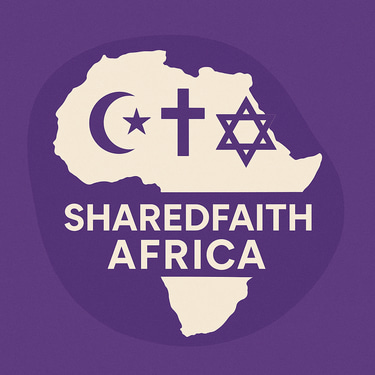Rwanda: Mosques that sheltered neighbors, and an interfaith rebuild after the genocide
POST-CONFLICT HEALING


Takeaway: Rwanda’s most durable safeguards came from people who wouldn’t accept indifference—first by sheltering those marked for death, then by building interfaith systems that turn trust into a public good.
The facts are stark. In 100 days in 1994, roughly 800,000 people were murdered in Rwanda—mostly Tutsi, along with Hutu who refused to join the killings. Whole neighborhoods flipped inside out. Ordinary people faced an awful choice: look away, or act.
One thread in that wider story runs through several mosques. In Mabare village, residents remember hundreds—Muslims and Christians—crowding into the mosque, hoping it would be respected as sanctuary. It wasn’t. Militias threw grenades through the windows. Only eight survived. A local Christian who had fled there walked out alive; the imam’s deputy died trying to protect those inside. There is a new mosque nearby now. People still tell the story: an attempt to shield neighbors, a massacre, and the stubborn decision to keep praying together afterward.
Elsewhere, testimonies document Muslim families and imams hiding Tutsi neighbors—moving them at night between homes or sheltering them in mosque compounds. A detailed field study by CDA Collaborative Learning gathered dozens of these accounts and asked why so many Muslims refused to participate. Religious teaching mattered. So did being a minority and the tight social networks of specific urban areas. The picture is mixed, though, and the report makes that clear. Heroism was not universal; risk varied by place. Many looked away. Many did not.
It is worth guarding against a new myth while trying to correct an old one. Scholars have cautioned against blanket “Muslim exceptionalism,” noting that the reality appears uneven and should be told with care. That caution belongs alongside the rescue testimonies. Both can be true at once.
After 1994, faith bodies helped build new habits for living together. An Interfaith Commission for Reintegration formed with Christian and Muslim leadership to support reconciliation among survivors, released prisoners, and their families. That sounds abstract, but the work was face to face: conversations in parish halls and mosque courtyards, neighbors testing whether trust could be rebuilt enough to share a road, a field, a school meeting.
Health became another common front. In 2003, religious organizations created what is now the Rwanda Interfaith Council on Health (RICH), first organized to fight HIV/AIDS and later coordinating messages on maternal and child health—and, years on, COVID‑19. The model is simple and, in Rwanda’s context, effective. Train faith leaders. Align messages with the Ministry of Health. Let Friday khutbas and Sunday pulpits carry consistent guidance. During the vaccine rollout, the Rwanda Biomedical Center publicly urged all religious leaders to back pediatric and booster campaigns, and RICH’s programs describe the day‑to‑day follow‑through that likely made the difference: translations, Q&As, reminders tied to values people already hold.
Three decades later, reconciliation remains a process, not a slogan. Faith‑based and civic groups run group sociotherapy, bring survivors and ex‑prisoners into supervised dialogues, and track how trust gets rebuilt in small tasks—fieldwork done side by side, savings groups that meet on time, parents who greet each other at school. The details are prosaic on purpose. That is often where indifference loses its grip.
The thread through these scenes is familiar. When violence demanded separation, some people opened doors. When trauma settled in, religious networks tried to stitch routines back together. None of this excuses those who looked away. It does show what changes when enough neighbors refuse to.
Sources (selection)
University of Minnesota Center for Holocaust & Genocide Studies; Al Jazeera on the genocide’s timeline and scale
Al Jazeera on the Mabare mosque attack (hundreds sheltered; eight survived; imam’s deputy killed)
CDA Collaborative case study on documented protection by Muslims and the motives and limits behind it
Brill/De Gruyter scholarship cautioning against “Muslim exceptionalism”
Adekunle; U.S. State Department IRF (2008) on the Interfaith Commission for Reintegration
Rwanda Interfaith Council on Health (origin in 2003, mandate, programs); Rwanda Biomedical Center appeals during COVID‑19
Interpeace on group sociotherapy and reconciliation practice; AP feature reporting from Bugesera


